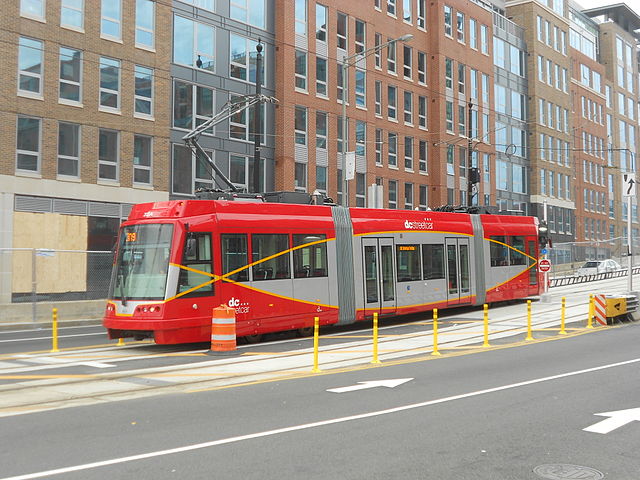A couple of decades ago, the planning mantra in Oregon was “don’t turn Portland into Los Angeles,” meaning don’t make it more congested. So planners were a bit chagrinned to discover that their plans actually aimed to turn Portland into Los Angeles (see p. 7), meaning a dense urban area (L.A. is the densest in the nation) with a low number of freeway miles per capita (L.A. has the lowest of the nation’s fifty largest urban areas). Since then, Portland-area congestion (measured in hours of delay per commuter) has reached the Los Angeles’ 1985 level.
Today, the mantra is “don’t turn Portland into San Francisco,” meaning an extremely unaffordable housing market. So it should be no surprise that Portland planners are following exactly the policies that will turn Portland into San Francisco.
“We have a crisis of housing affordability in this city,” says Portland Mayor Hales. But expanding the urban-growth boundary is not the answer, he claims. “It’s not true that new housing at the edge is affordable,” he argues. “Maybe it once was when there was cheap land, cheap money and cheap transportation. That’s not true anymore.” Yes, but the reason it isn’t true is the urban-growth boundary. Get rid of the boundary and associated planning restrictions, and vacant land becomes cheap, and new homes built on the urban fringe will cost a lot less. In turn, that will force prices down throughout the city and region.








